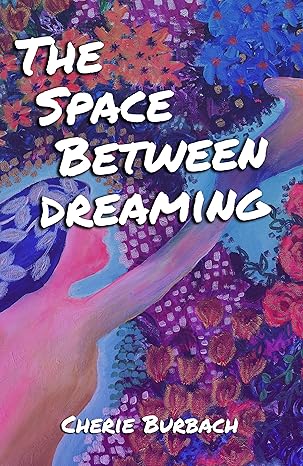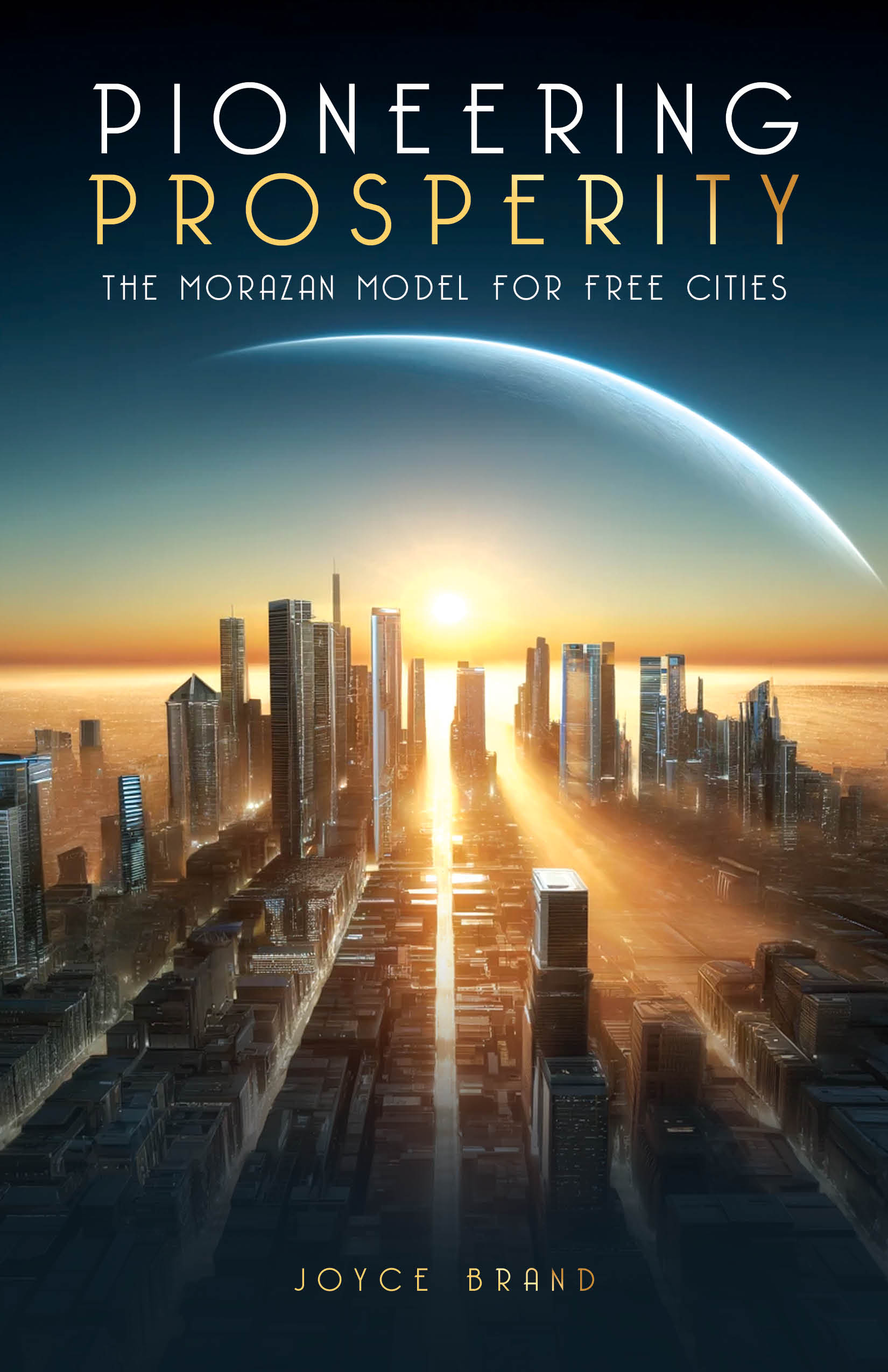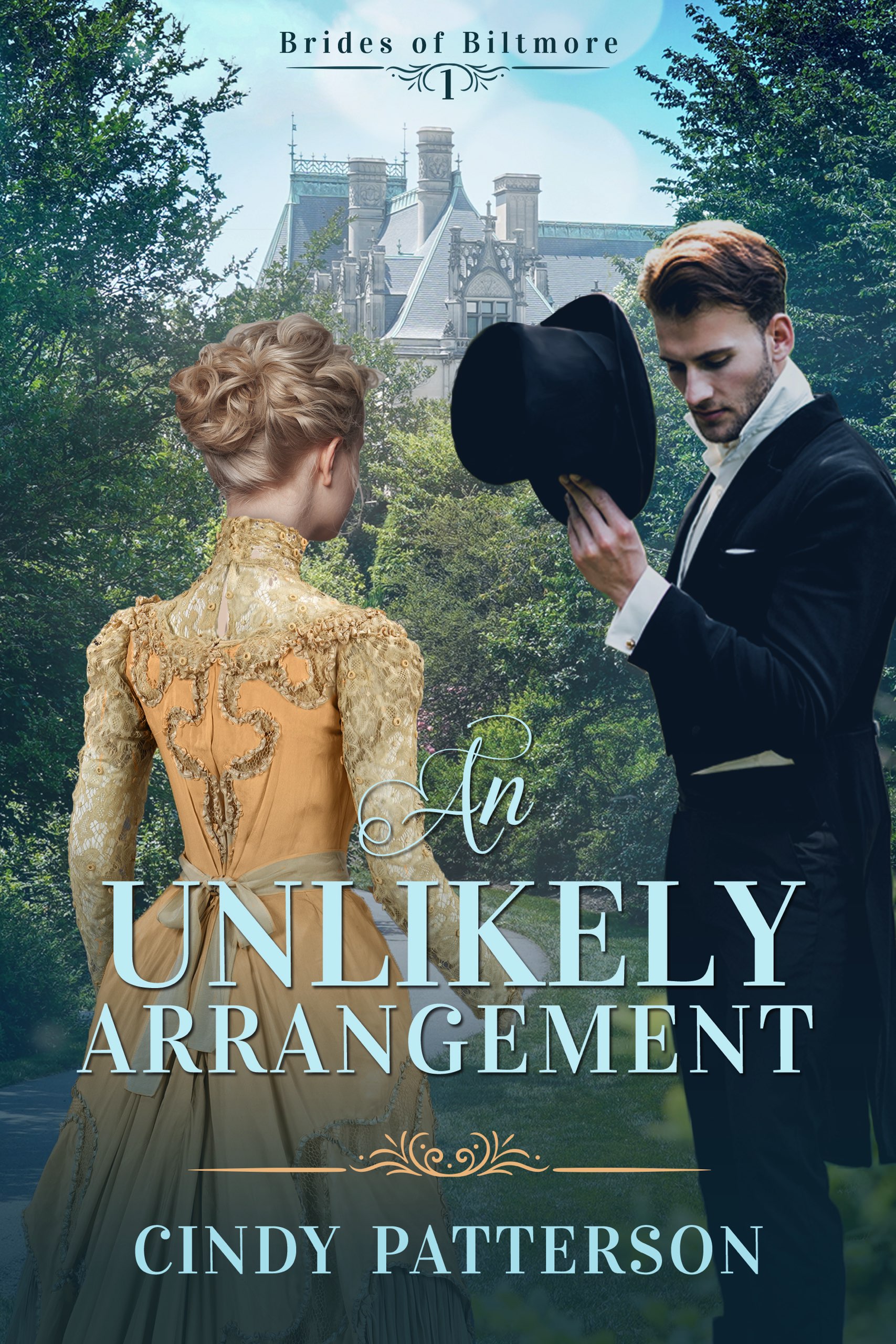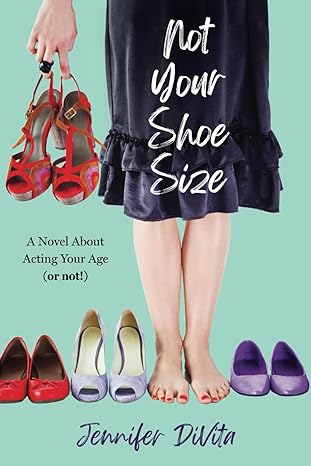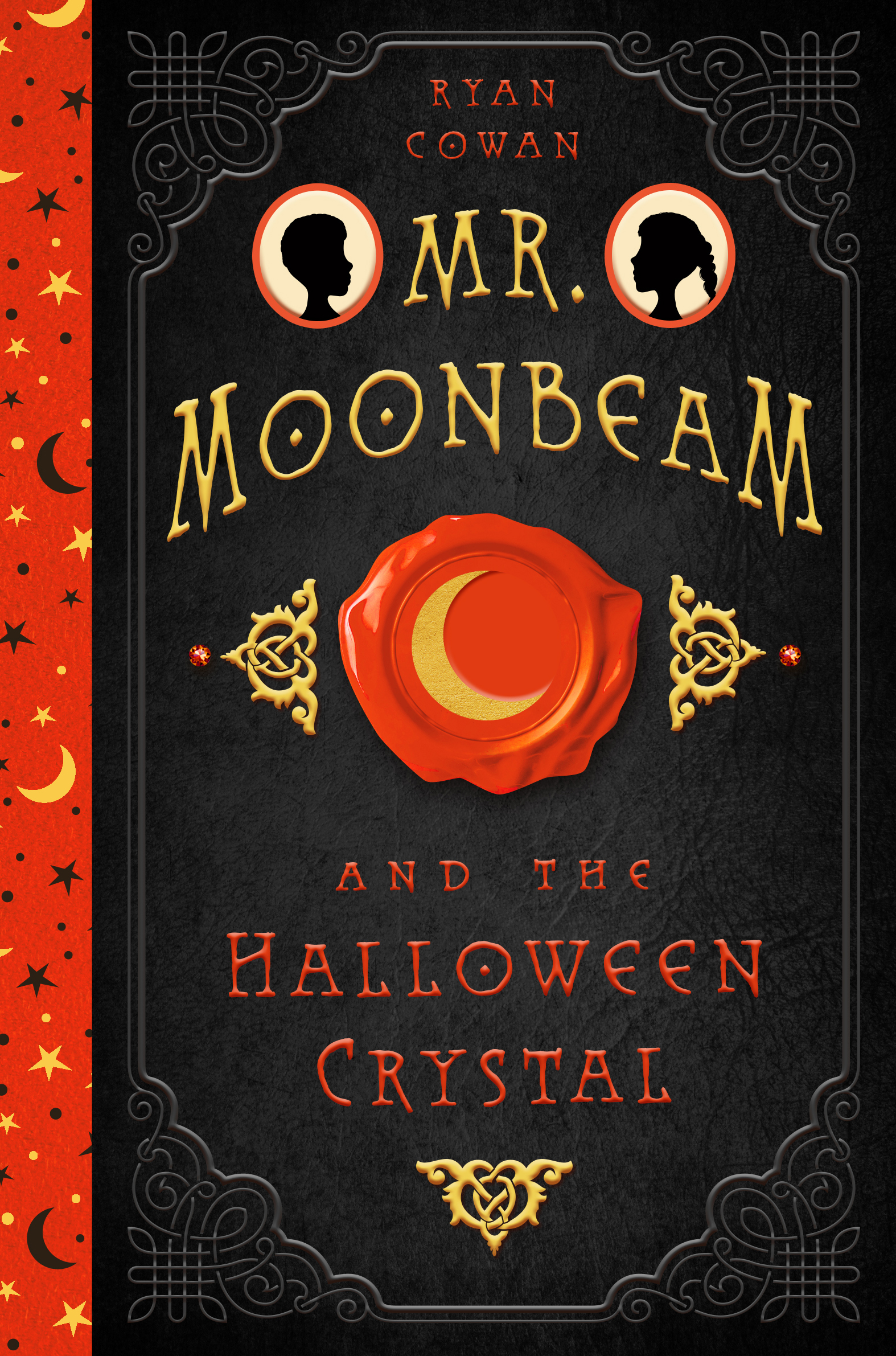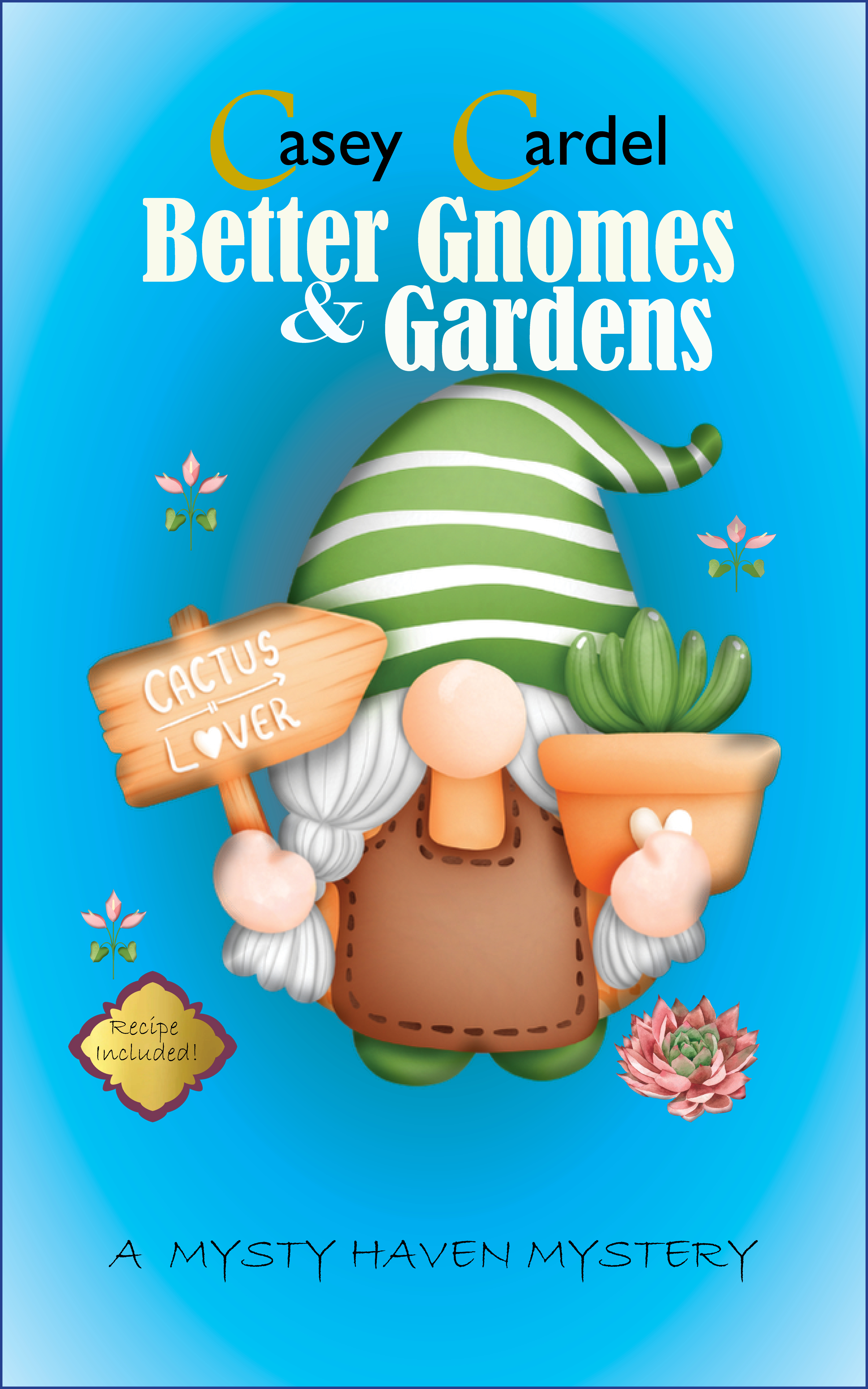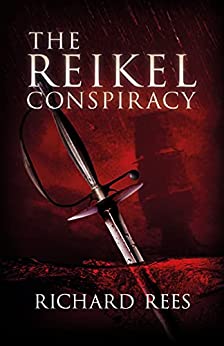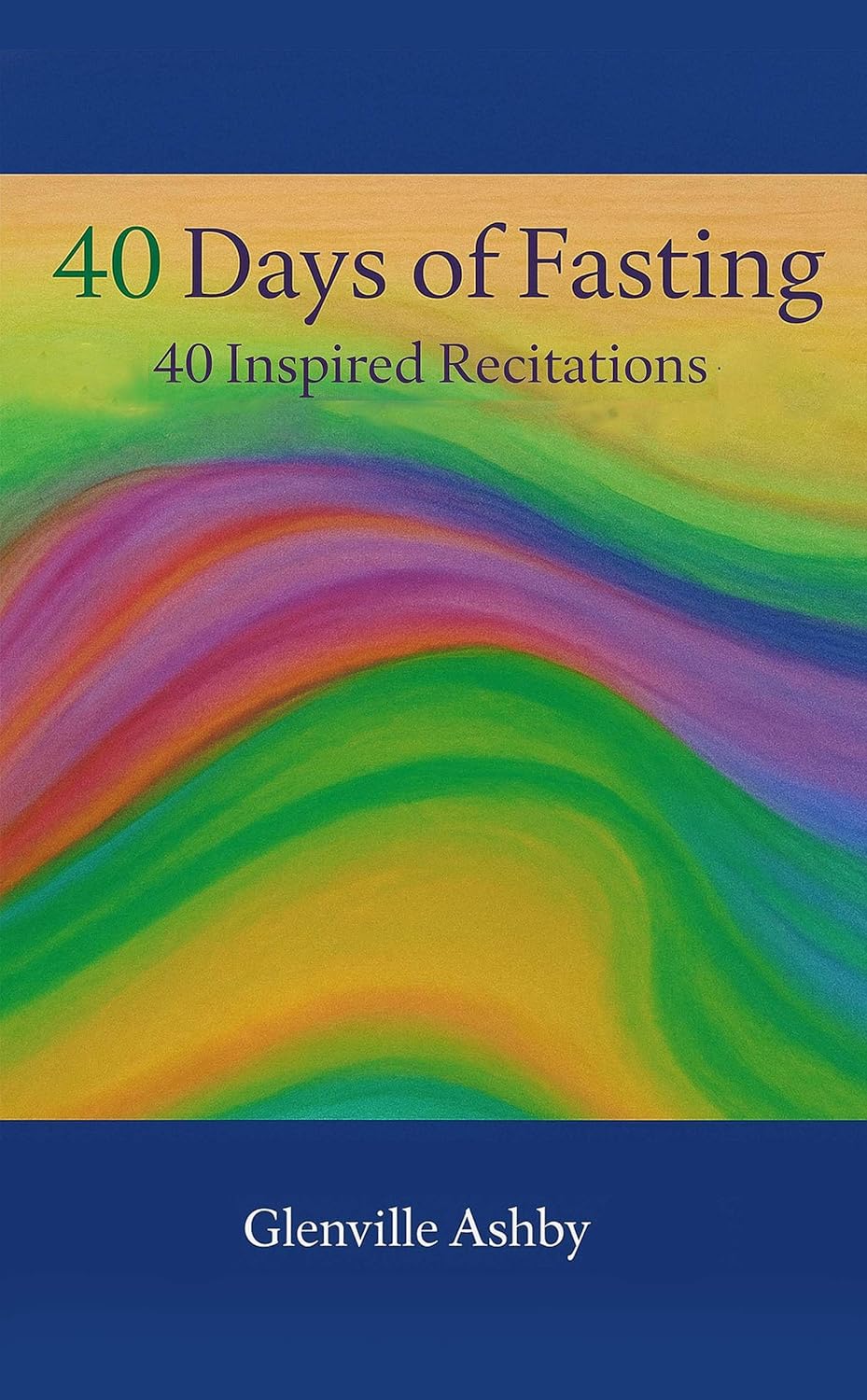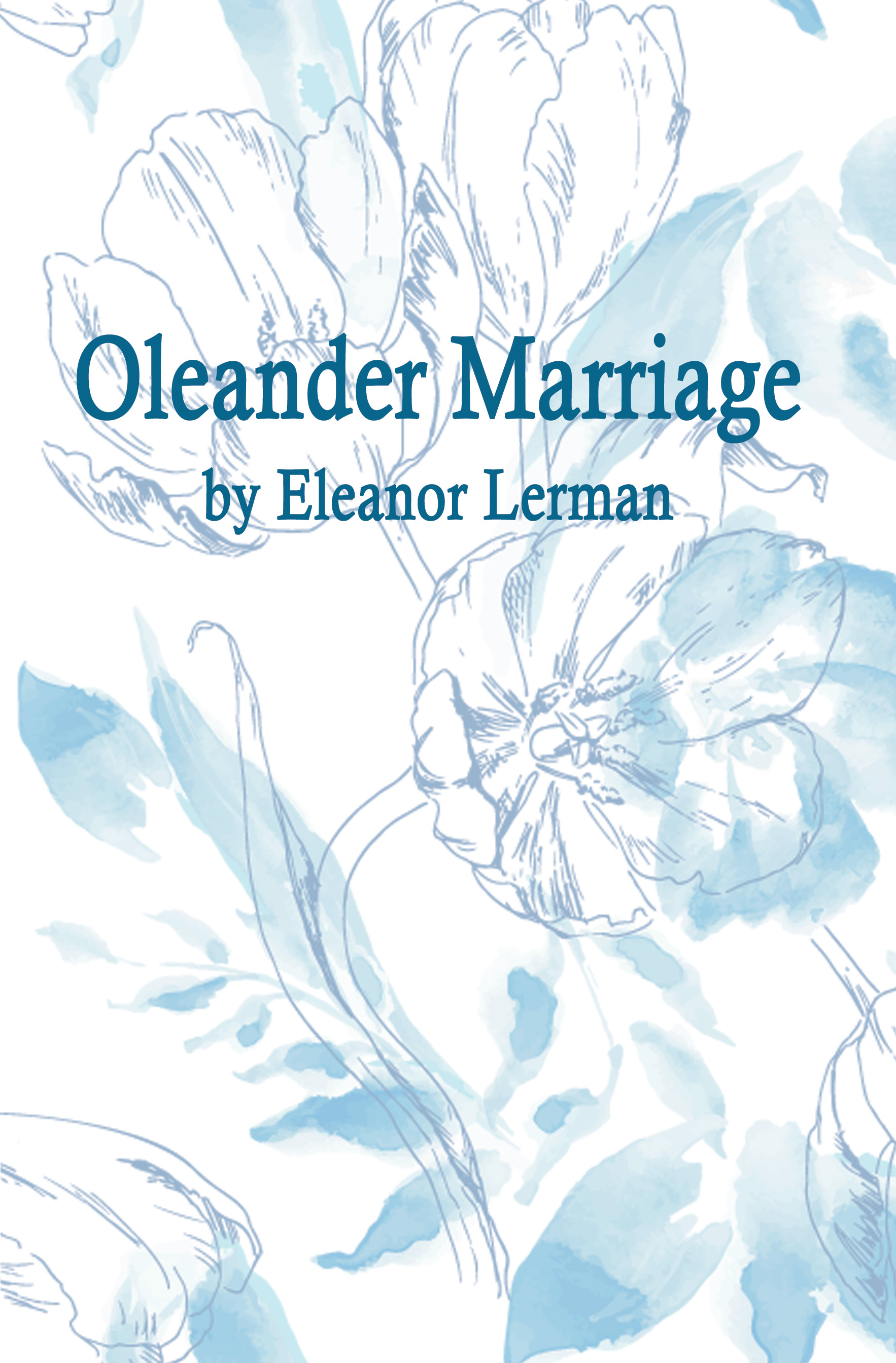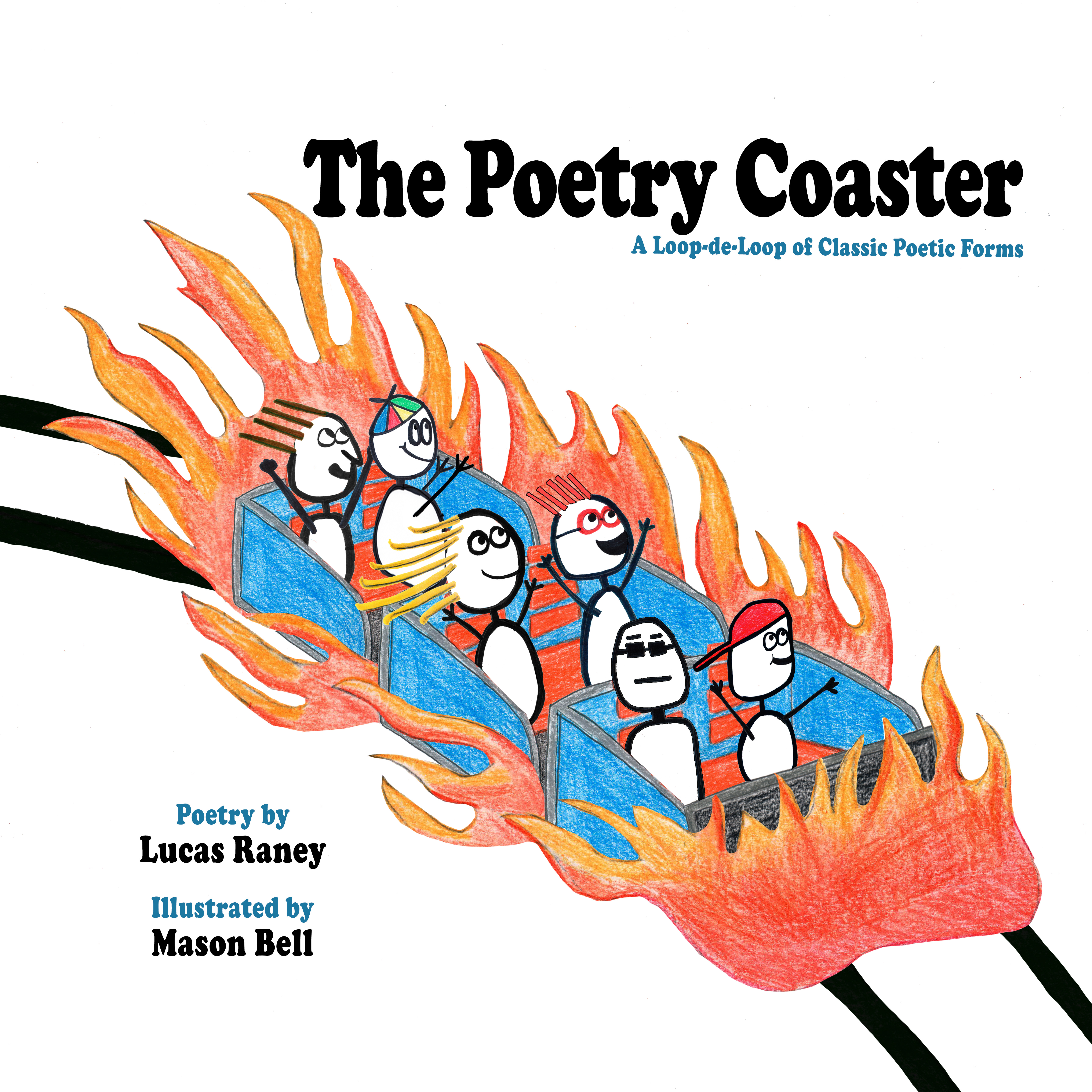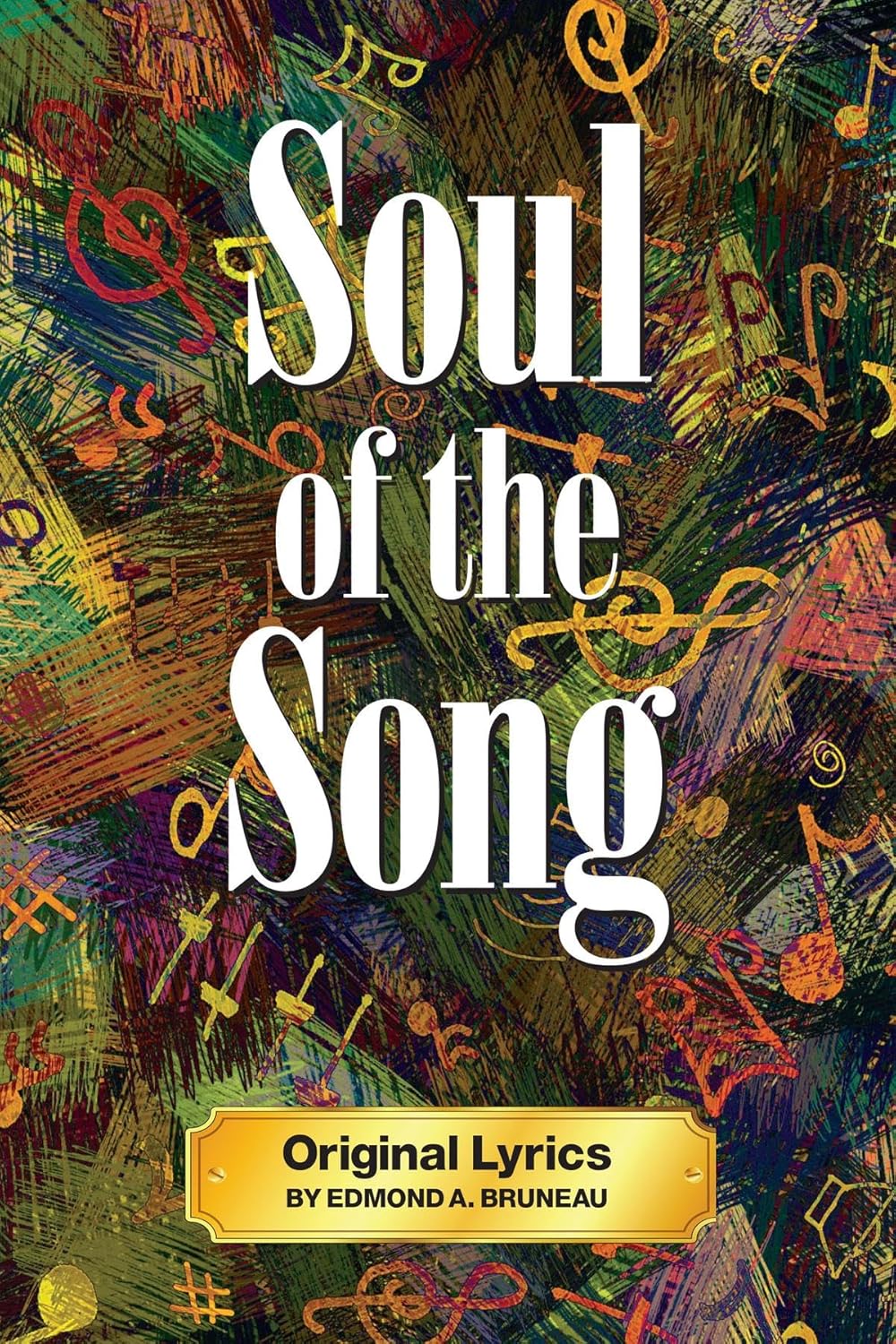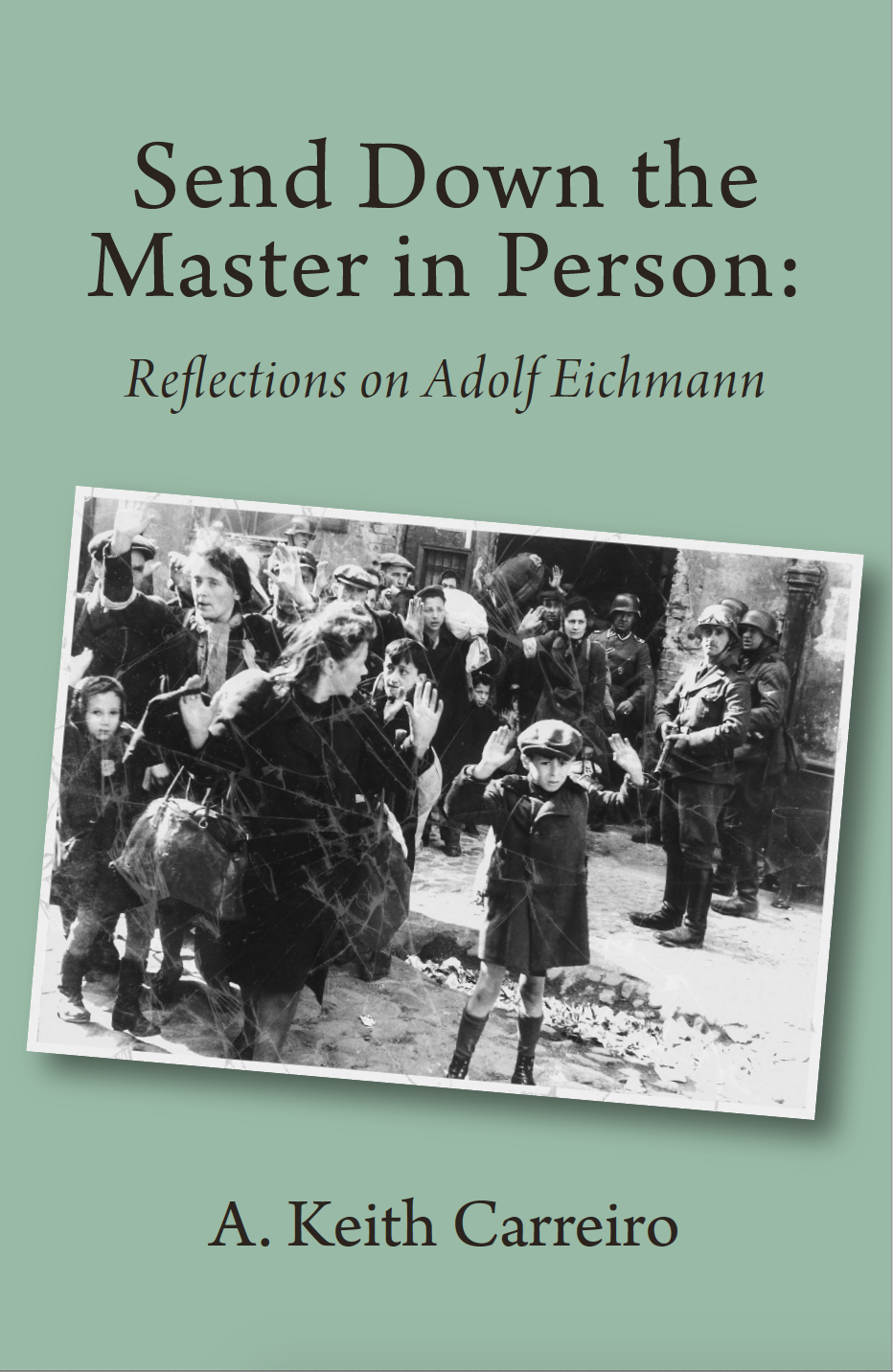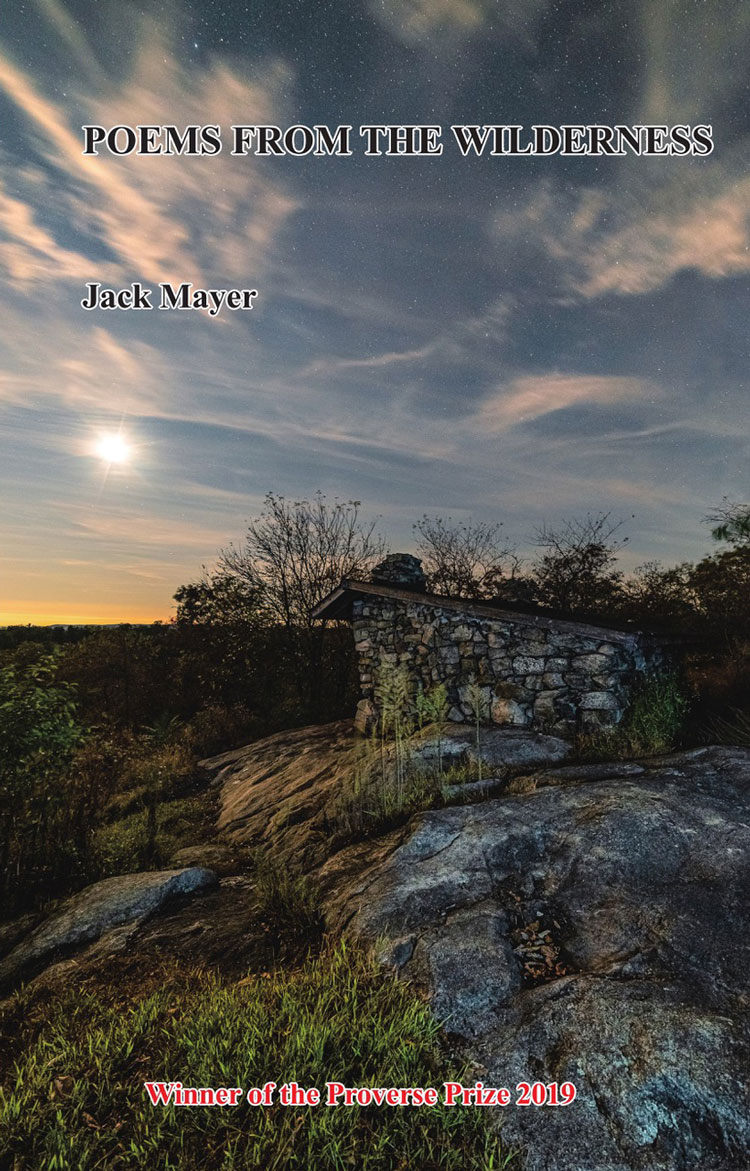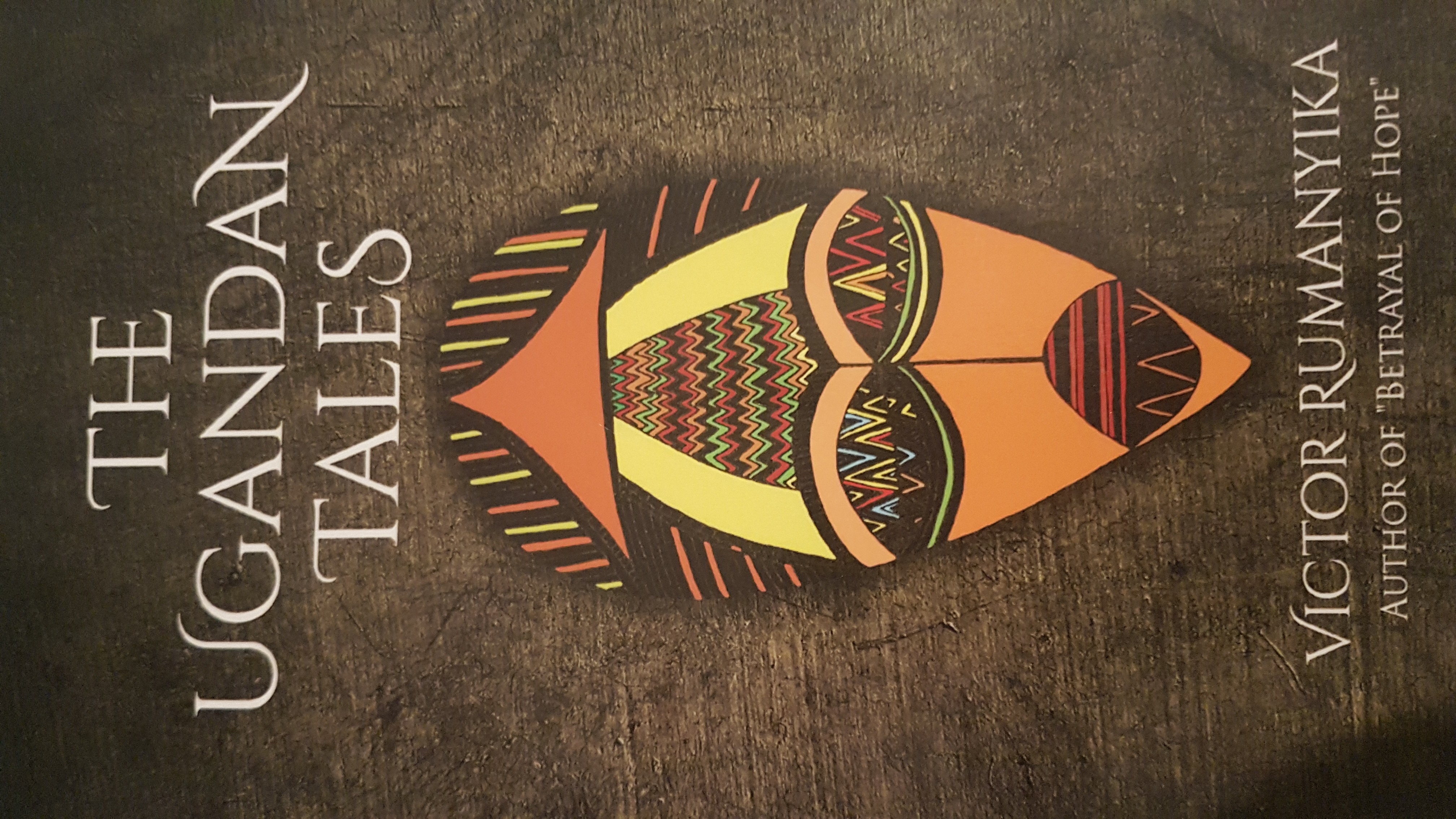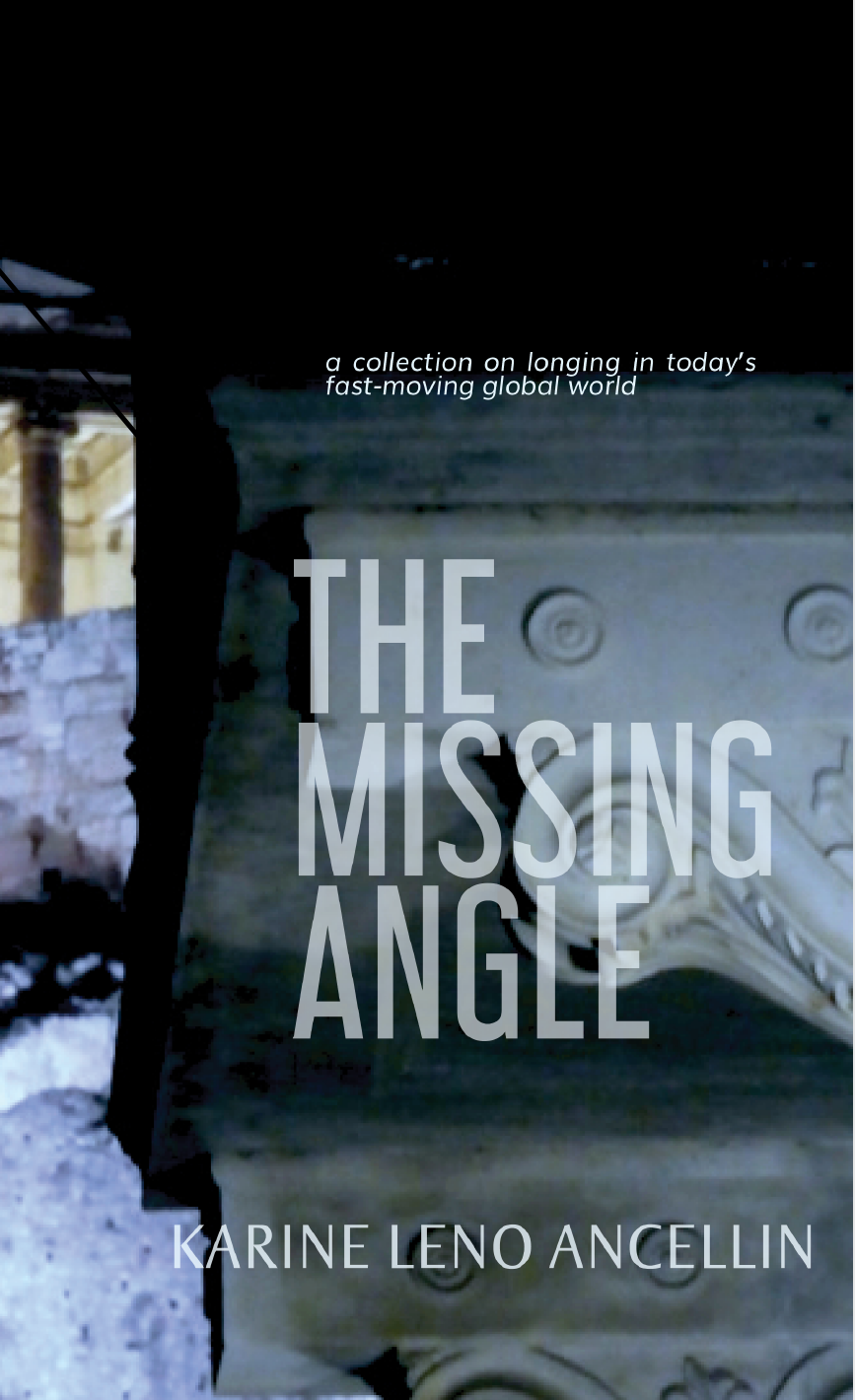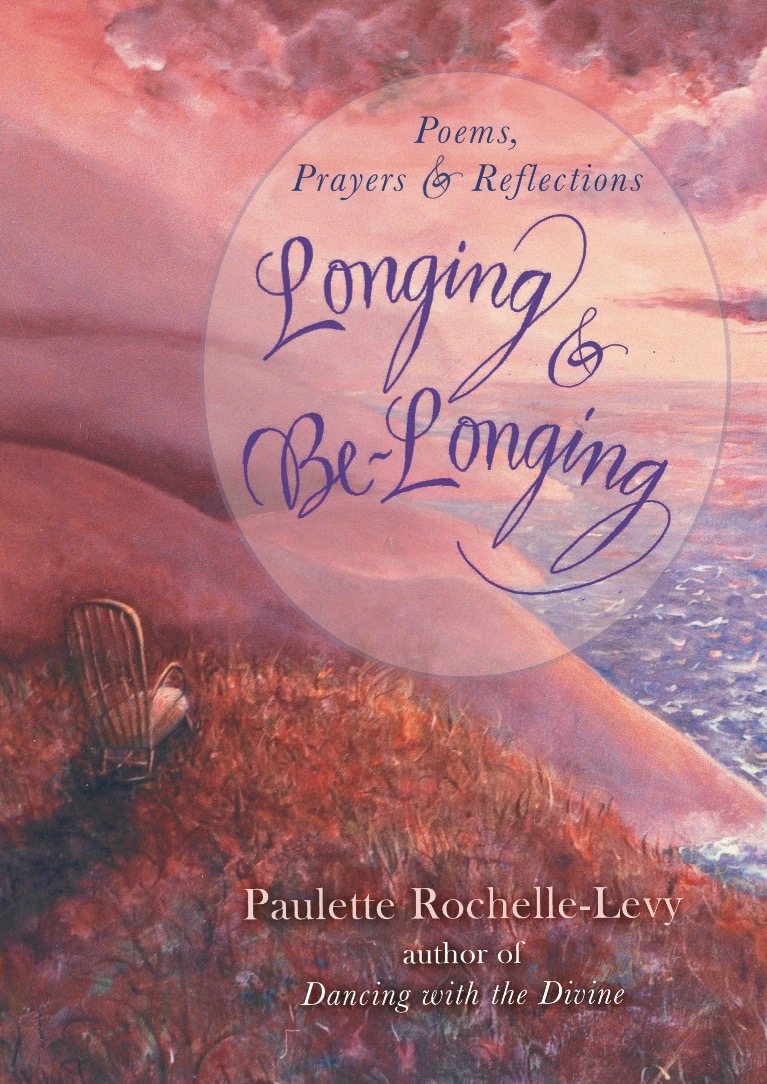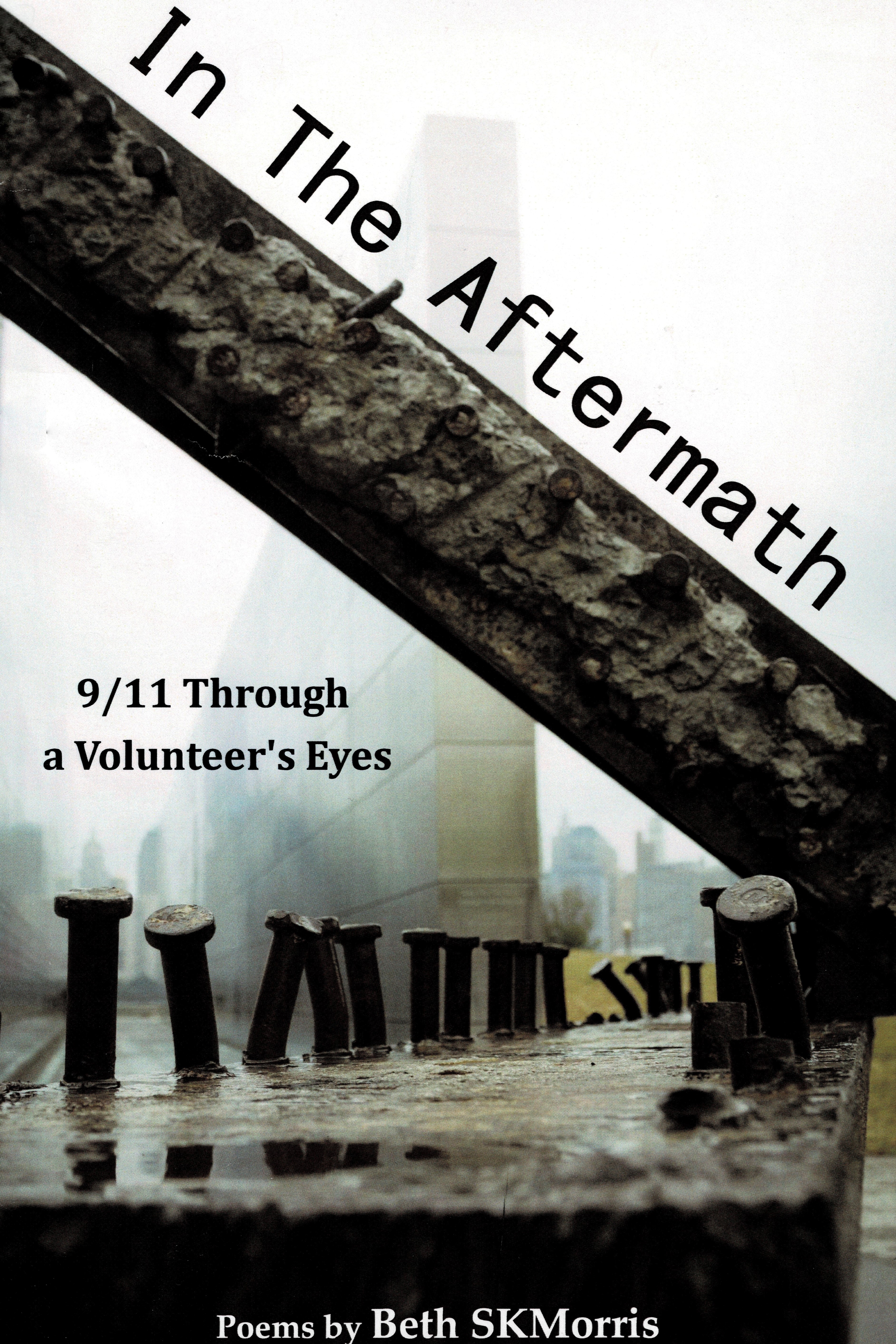An Olio of Poems
| Category: | Poetry - General |
|---|---|
| Author: | Christina J Donato & Ralph A Walton |
| Publisher: | Left-Handed Author |
| Publication Date: | June 10, 2025 |
| Number of Pages: | 142 |
| ISBN-10: | 1737086158 |
| ISBN-13: | 978-1737086154 |
An Olio of Poems is an expansive and eclectic
collection by Christina J. Donato and Ralph A. Walton, organized into nine
thematic sections that range from lighthearted reminiscences about dogs and
favorite foods to sobering meditations on depression, faith, social justice,
and the passage of time. The book opens with accessible poems about beloved
pets, transitions into playful celebrations of culinary delights, and then
plunges into the raw depths of mental health struggles. Midway, the tone shifts
to spiritual musings, where Christian faith and gratitude are foregrounded,
before moving on to poems probing issues of race, class, and identity. Donato
experiments with classical forms—sonnets, limericks, and concrete poems—before
closing with personal reflections, family tributes, and, finally, a suite of
poems by Walton, whose voice brings a grittier, more existential perspective to
the collection. Donato’s style is marked by its conversational clarity and
deliberate simplicity, making her poetry highly accessible even when addressing
sensitive themes.
I was thrilled by the imagery in this collection. In “A
Walking Day,” the dog’s perspective animates the world with sensory delight— “There’s
a tree. There’s a pole. There’s a bush. There’s a hole! / There’s some poop.
There’s a rock. Look over there – it’s someone’s sock!”—capturing the
exuberant, scattershot curiosity of canine life. The playful concrete poem “Ice
Cream” not only shapes its verses into a scoop and cone, but also evokes the
universal joy of the treat: “I cannot cry when eating ice cream. I don’t feel
sad and blue.” In the collection’s darker moments, Donato captivates with stark
imagery; in “Another Day,” the ache of isolation is distilled into, “No one
cared I was alive today. / And if tomorrow I deem to be / The day that I die, /
No one would even notice...” The poem “I Painted Myself” uses repetition and
harsh racial slurs to shocking effect, culminating in the poignant line, “I
washed off the paint just the other day, / To see what my father would say. /
‘Daughter, Daughter, where have you been?’” Her religious poems are rich with
metaphor, as in “The Lord Sends Rain,” where life’s blessings and trials are
entwined with the natural world. Walton’s poems, meanwhile, bring a more
fragmented and existential imagery, as in “Psychasthenia”: “Sweet darkness came
to erase me / Horrors and cruelty came to embrace me.” Collectively, the book’s
imagery—from the mundane (a dog sniffing a sock) to the existential (the ache
of being unseen, the embrace of darkness)—grounds the reader in both the
specificity of lived experience and the universality of human longing. The poems in An Olio of Poems form not
just a miscellany, but a canvas of lived experience—by turns whimsical,
wrenching, spiritual, and socially incisive.
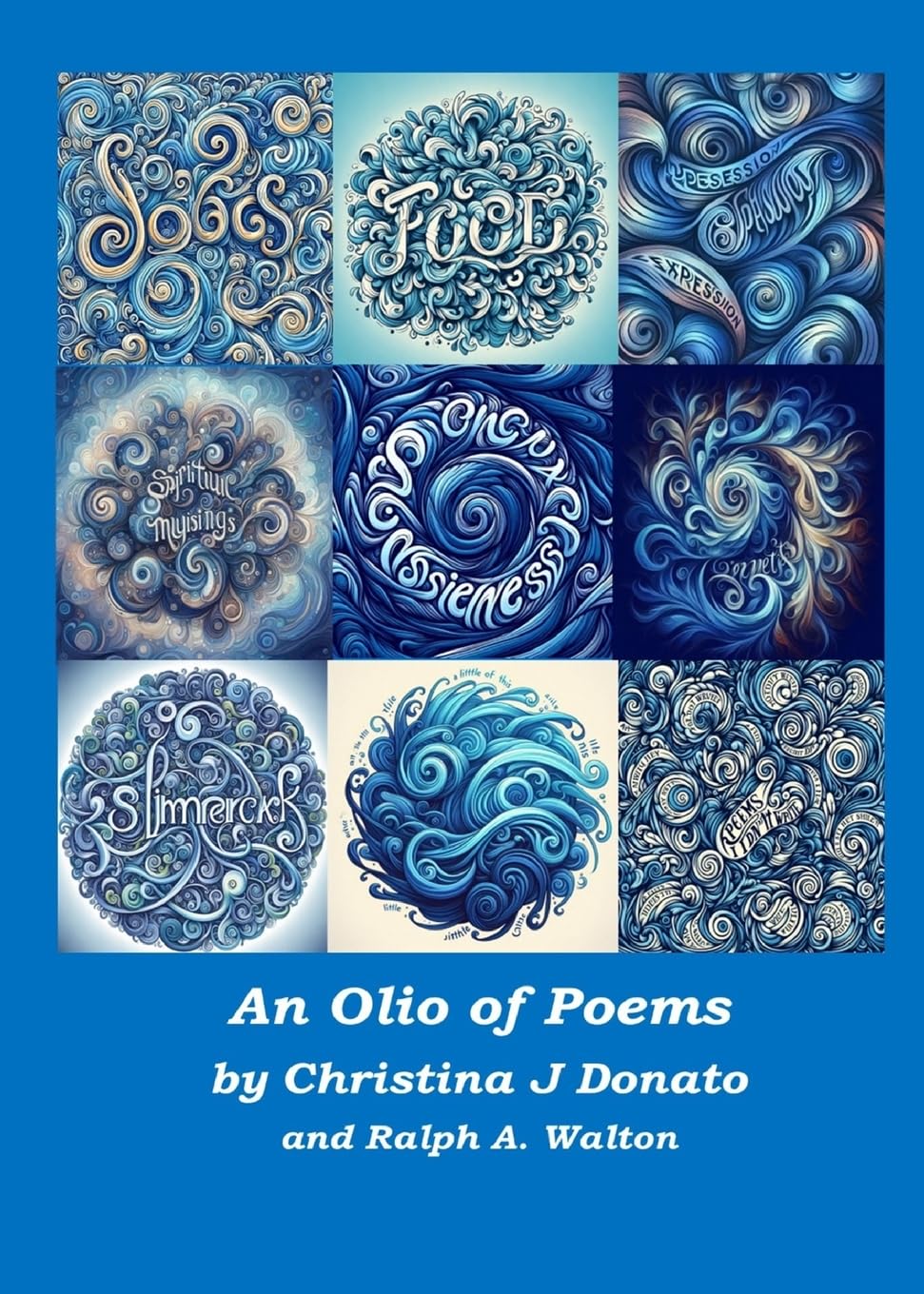
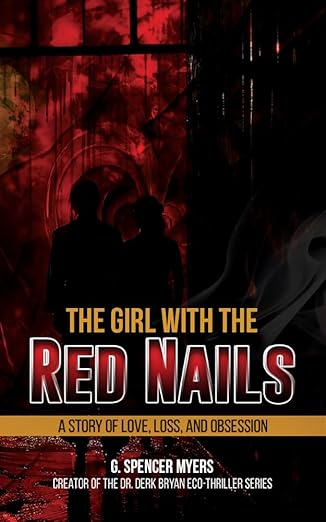
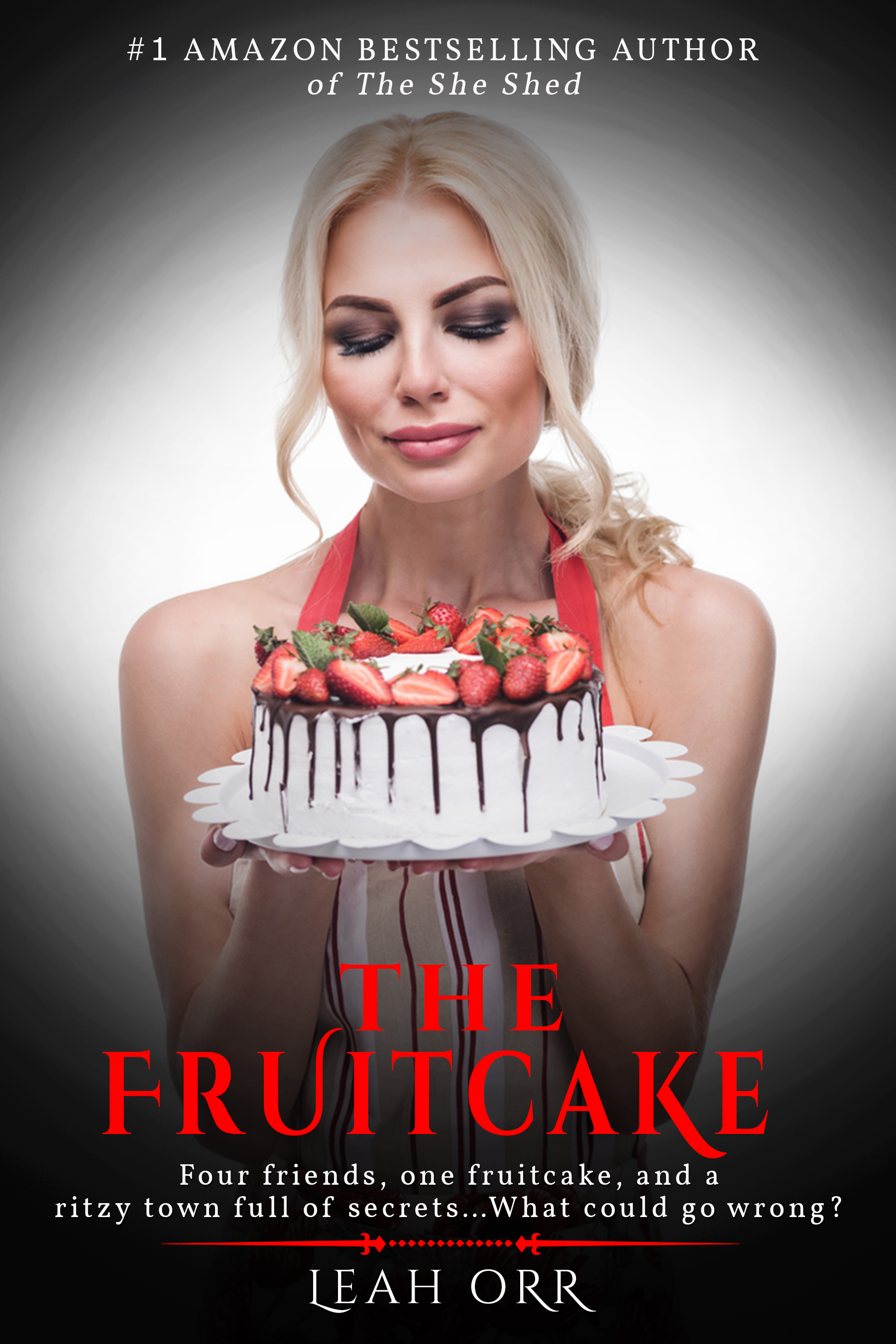
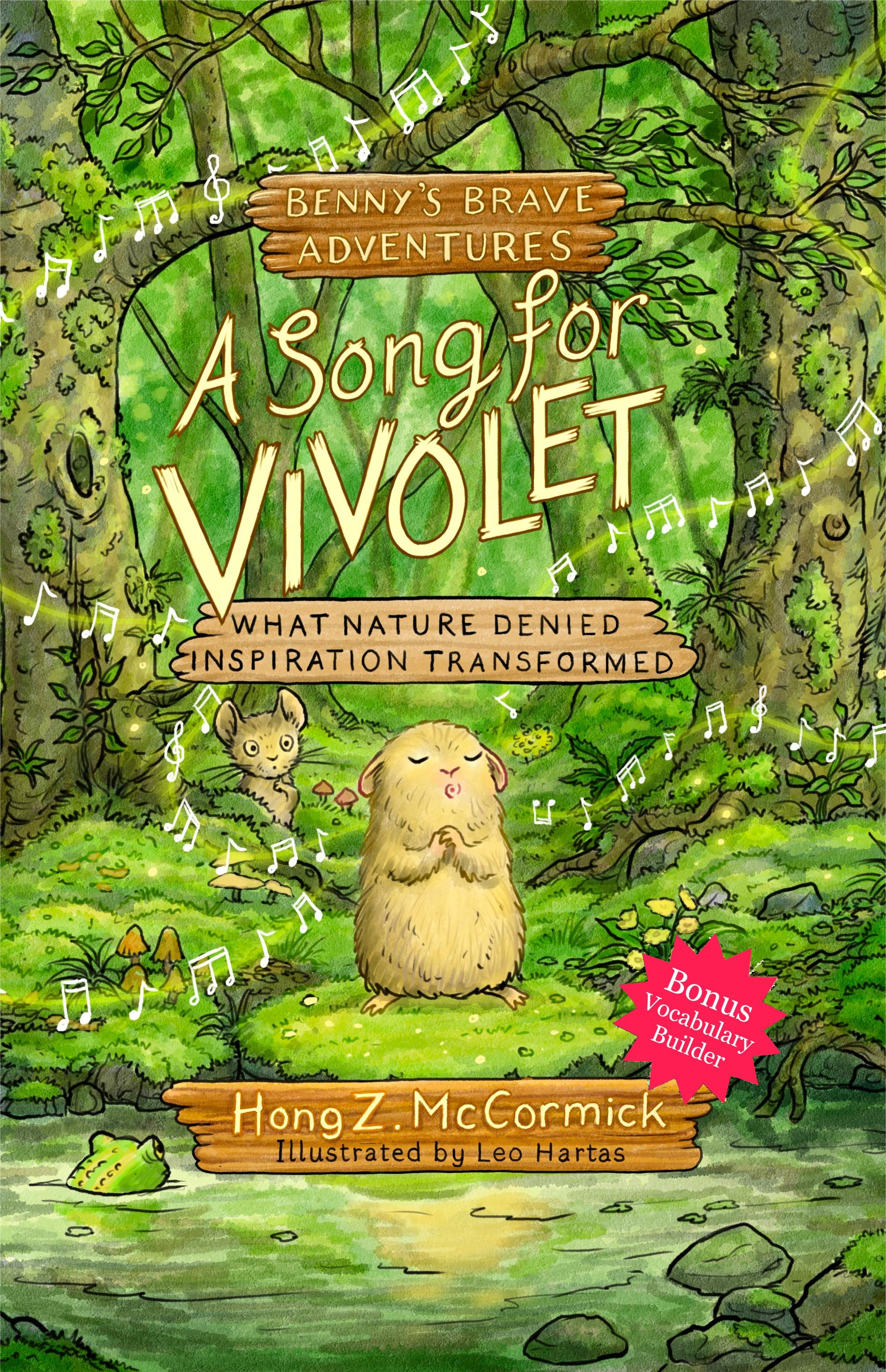
.jpg)




















